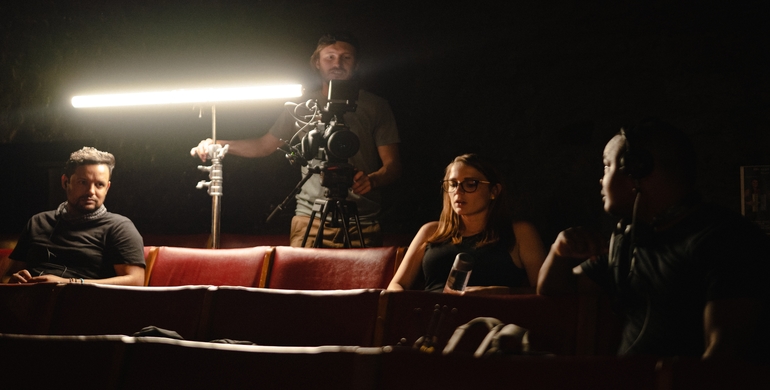
04 October 2020 - 12:13 BY Louw
Problematic Scenes: How Do I Still Be Truthful?
Something I do when I re-read my script for the second/third time is I use my pencil to dot down ideas for a character or any thoughts or questions that pop up. I will also mark “problematic scenes/moments/dialogue” etc.
You know that feeling when you read a scene and go, “there is NO WAY my character would say that” or “that’s not a truthful reaction at all” or “why would he even say that… it doesn’t make sense?”
Firstly, we don’t know what our character will say. We’re not the writer. Our job is to make that line believable and truthful. This sometimes means, and no offence to writers, that bad dialogue or “quick solutions” to scenes slip in.
You’re on call tomorrow and busy rehearsing these scenes you will be shooting. That one line just doesn’t want to work. It sits wrong in your mouth, or you feel it doesn’t make any sense to say that within the scene.
Tool: when you go through your script, you might find that this was one of the “problematic scenes” you marked during your re-read. Now, on the sides (the industry term for the scenes taken out of the script and copied onto one document that you will be shooting tomorrow) you have received for tomorrow, mark that problematic dialogue/moment/action. Then, find two solutions/suggestions as to how you will fix this to make it believable and truthful. Forget about the writer for one second and use your own canvas for a moment – this is you taking charge of your own craft. Maybe suggest a different action which you feel will still fit into the objective of the scene. Or suggest a different word within a line that will still give the same meaning within the line, or suggest a different response/moment to add a layer which you feel will help you perform it truthfully and might add to the scene. Get two solutions. Bring it to set. Directors are extremely busy on shoot day and they want you to take responsibility for your craft and help them execute this story. They can’t do all the work as they have 17 things to think about at once.
When you get to set and you find an appropriate time (the director is waiting for a location to be set up or waiting for lighting to be changed) then ask if you can quickly have a chat. Mention the exact scene number and what happens in that scene – a scene you’re shooting after this one or later. If you don’t find the time, wait for blocking with the director or when she sits in while you are running lines with your co-actors and then ask if you can suggest something.
Two things can happen: the director might love the suggestion and tell you to add it, or she might tell you to keep it the way it is and even explain why which might be that little piece of information that helps you understand why it’s written the way it is.
Worst case scenario: it’s a rushed day. Production is behind on the shooting schedule and there is no time to discuss moments within a scene, we will just have to go for a take. Again, find a subtle way to incorporate your own movement or action that you feel comfortable with. If it’s a line, try your very best to make it work. Sometimes, as actors, we just need to use our skills and techniques to make these untruthful or weird lines work without changing it or any movement. Be creative and see it as a challenge. Try and find something within a scene that might help you. A prop or a look away or a pause. Sometimes we need to suck it up and just give our very best with what we have.
Again, using this tool, to bring suggestions/solutions to your scenes on the day of shooting will ALWAYS be appreciated and helpful. Be creative and think deeply about these solutions and options. Know WHY you think these solutions will help the scene. Filmmaking is a team sport. Take responsibility for your craft and show the director you are playing your part (no pun intended :)).
“For me, our job as artists is to serve the story, serve the director, and serve the fellow actors. And if you do that, by osmosis you’re serving yourself because you’ll get the best out of yourself.”
-David Oyelowo
How did you find the technique/tool/advice? Did it work for you? What was different this time? Share with the tribe and let’s keep on creating beautiful, honest and memorable performances. Let’s execute our best selves!
Edwin van der Walt
Kind Regards
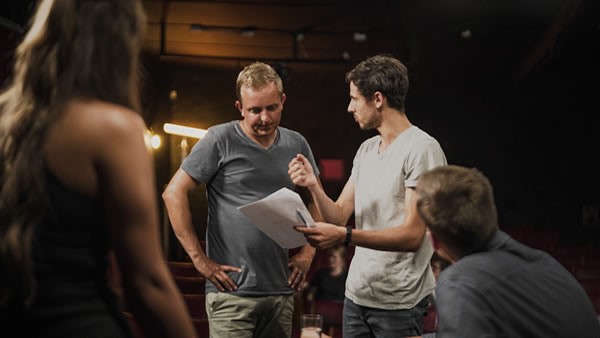
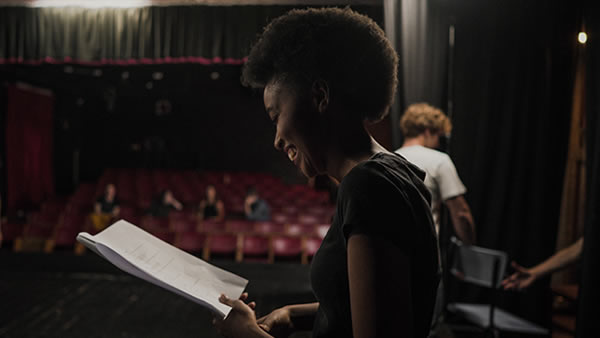

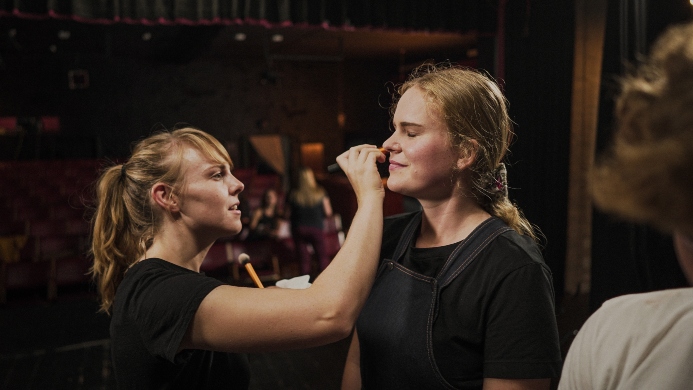
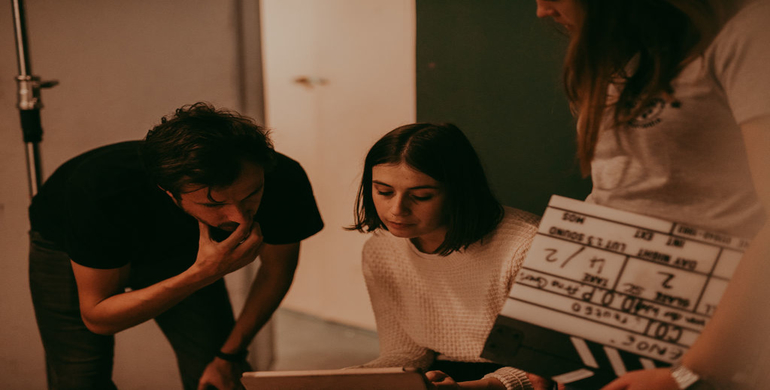

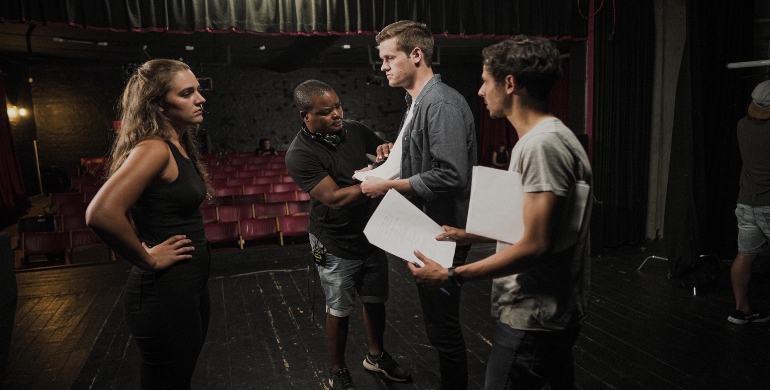



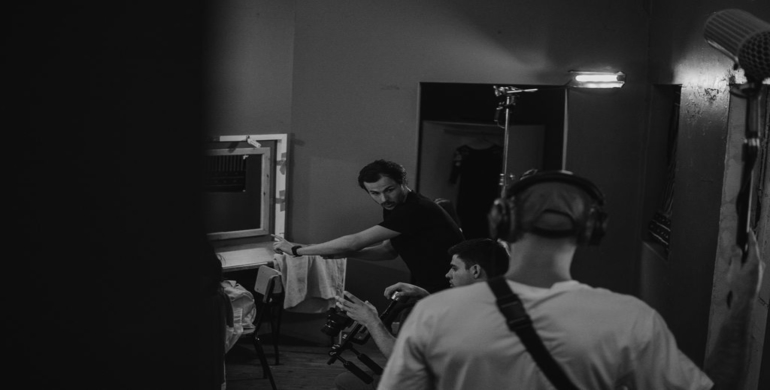
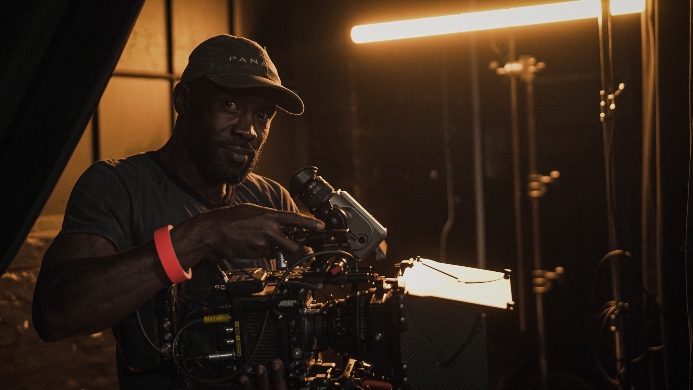
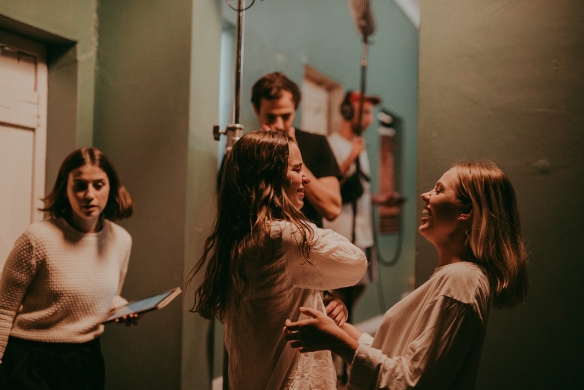
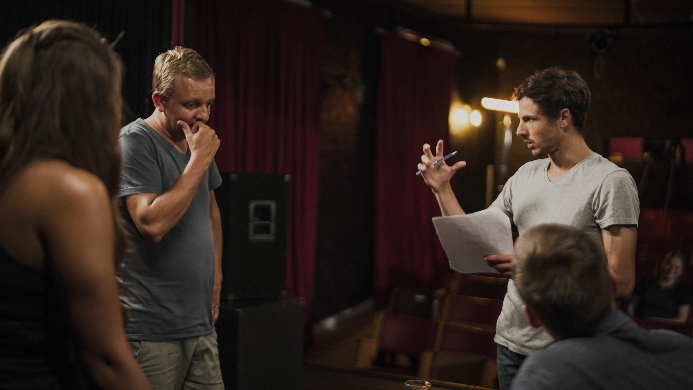
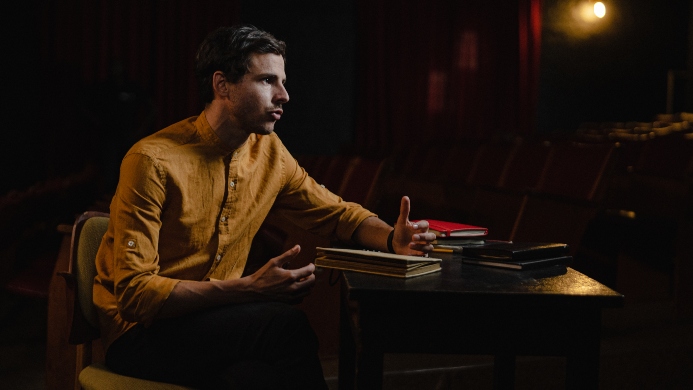
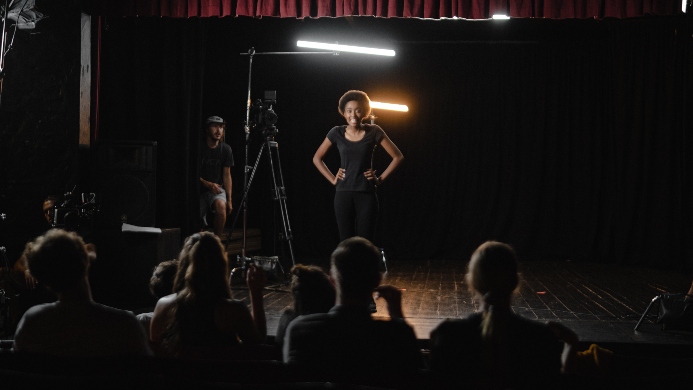
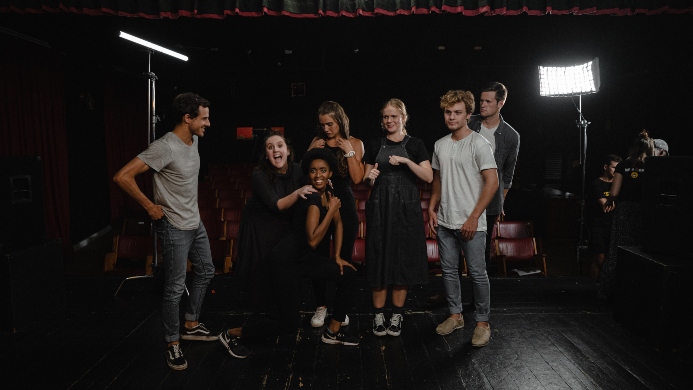
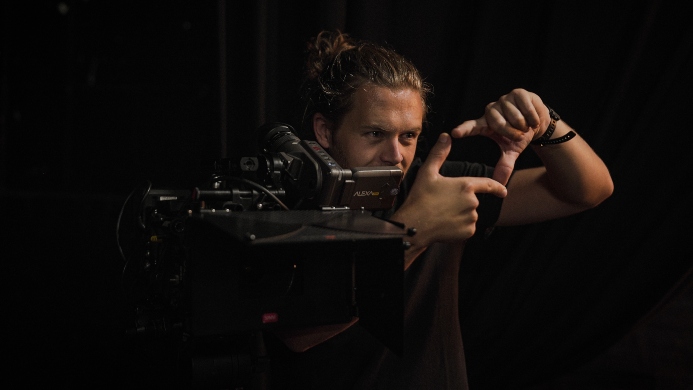
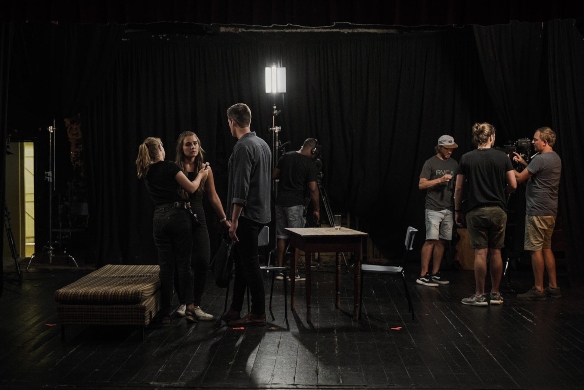

 1.jpg)
.jpg)
 (1).jpg)
 (1).jpg)
 (1).jpg)
 (1).jpg)
 (1).jpg)
 (1).jpg)
 (1).jpg)
 (1).jpg)
 (1).jpg)
 (1).jpg)
 (1).jpg)
 (1).jpg)
 (1).jpg)
 (1).jpg)
 (1).jpg)
 (1).jpg)
 (1).jpg)
 (1).jpg)
 (1).jpg)
 (1).jpg)
 (2).jpg)
 (1).jpg)
.jpg)
 (2).jpg)
 (1).jpg)
 (1).jpg)
 (1).jpg)
.jpg)
 (1).jpg)
 (1).jpg)